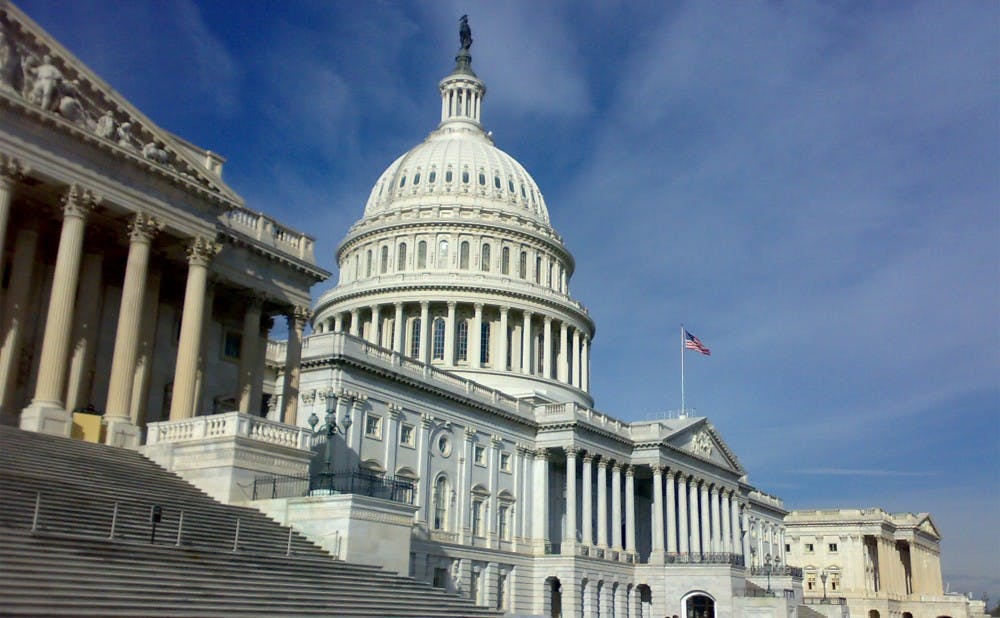The U.S. House Committee on Education and the Workforce advanced a bill Tuesday that would bar all students enrolled at institutions subject to an “endowment tax,” including Duke, from borrowing federal student loans.
In doing so, the bill would fund “Workforce Pell Grants” to assist students in shorter-term programs that are currently ineligible for traditional Pell grants. The bill is not yet law, but has cleared the first hurdle towards getting a vote on the House floor.
Duke is the only university in North Carolina that would be affected by the change. Davidson College would also be subject to the change, but they do not currently issue federal student loans. Schools like Harvard, Yale, Princeton and Stanford are among those affected.
If passed into law, the bill would take effect on July 1, 2024. According to Chris Simmons, vice president for government relations, over 3,400 current Duke students would lose their federal student loans, including over 700 students at the Duke Nursing School.
“This would be the first time Congress has done anything like this,” Simmons said. “It's specifically targeting students who attend institutions like Duke.”
The bill has bipartisan support, sponsored by Reps. Virginia Foxx, R-N.C., Robert Scott, D-Va., Elise Stefanik, R-N.Y., and Mark DeSaulnier, D-Calif.
In a statement, Foxx said that “we must continue to advocate for policies that develop vital workforce programs and help Americans move into in-demand jobs more quickly.”
“Neither side should be proposing something so draconian — that it’s bipartisan is extremely troubling,” Simmons said.
Simmons noted that students who would be ineligible for federal financial aid would instead have to seek bank-based loans, which are generally offered higher interest rates and don’t include loan forgiveness programs for public service or income-based repayment plans.
Simmons said that the change could discourage many students wanting to go into public service or healthcare from considering Duke as an option and that it could “eliminate student choice in the institution they attend.”
“Students that add socioeconomic diversity to our student body at the graduate, professional and undergraduate level — those individuals would be less likely to think about Duke, or will have second thoughts about attending a place like Duke, if they don’t have access to those loans,” he said.
The University currently has a need-blind admissions process and meets 100% of the student’s needs. Federal student loans are one way those needs are met.
Duke announced in June that it would provide full tuition grants for undergraduates from North Carolina and South Carolina with family incomes of $150,000 or less, and would also provide additional aid for Carolinian undergraduates with family incomes of $65,000 or less for “housing, meals and some course materials or other campus expenses, without the need for student loans.”
Get The Chronicle straight to your inbox
Sign up for our weekly newsletter. Cancel at any time.

Jazper Lu is a Trinity senior and centennial/elections editor for The Chronicle's 120th volume. He was previously managing editor for Volume 119.

